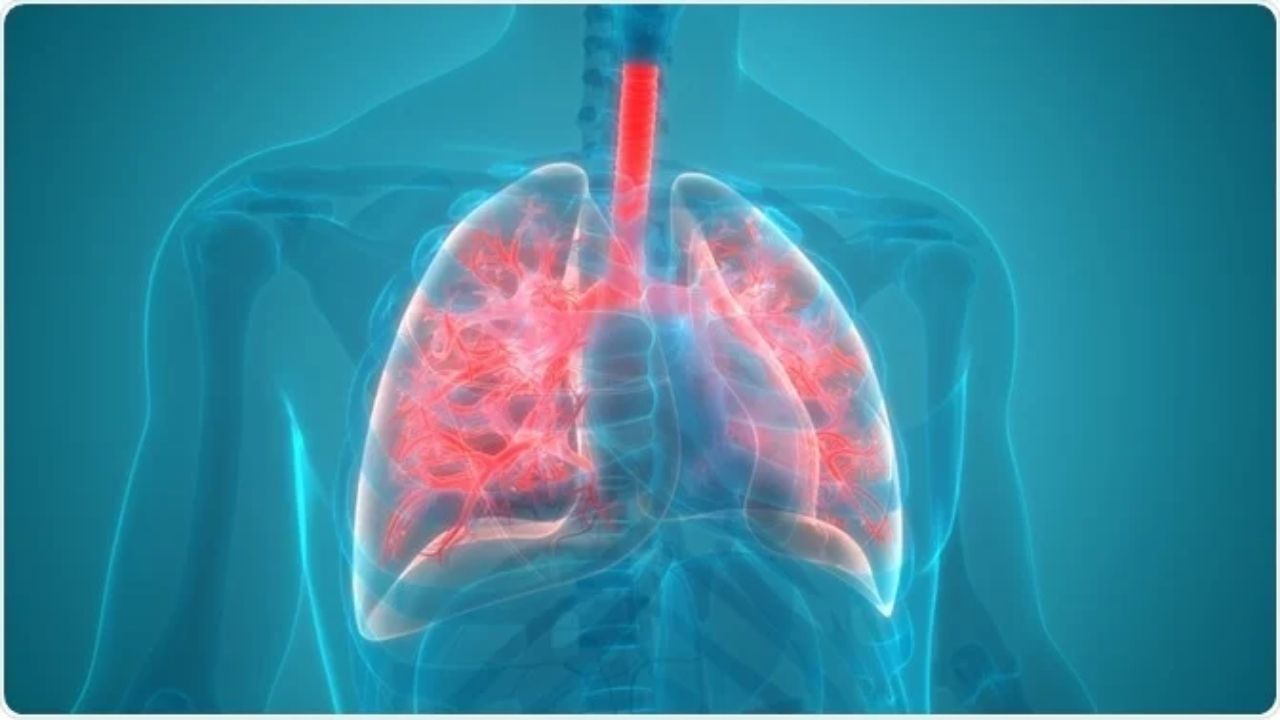Pneumonia affects the lungs of the respiratory system. It is most commonly caused by viruses or bacteria. Any infection that causes an inflammatory response in the lung is referred to as pneumonia. The symptoms of viral pneumonia are often similar to those of bacterial pneumonia, but, depending on the virus responsible, there may be a few additional symptoms. The usual causes of pneumonia include:
bacteria viruses fungal infectionsWhile bacterial pneumonia is predominantly localized to an area of the lung and is unilateral, viral pneumonia is randomly distributed in all areas of both lungs varying from small patches or ground-glass opacities. In bacterial pneumonia, the predominant drug is antibiotics which are based on the organism identified in sputum culture or lab investigations whereas, in viral pneumonia, the role of antibiotics is less. But for a few viral infections, antiviral drugs can be used. The predominant treatment in viral infections is supportive care like fluid intake, paracetamol, antihistamines, and antitussives.
Viral pneumonia symptoms - Fever, cough that is likely to be dry initially but may produce yellow or green mucus, shortness of breath, shaking, chills, muscle aches, fatigue, malaise, weakness, loss of appetite, blue tint to the lips.
Bacterial pneumonia symptoms - Very high fever, shaking chills, or rigors, rapid breathing, shortness of breath, cough with blood or mucus, tiredness or lack of energy
Risk factors
being older than 65 or under years of age tobacco smoking alcohol or illicit drug abuse having a chronic illness, such as a heart, respiratory, or autoimmune disease having a compromised immune system, possibly due to cancer or HIV recovering from a recent viral infectionTests to confirm the diagnosis - chest X-ray, nasal swab to check for viruses, sputum culture of the mucus from the lungs, blood tests, including a complete blood count (CBC) to look for inflammatory markers, arterial blood gas test
Prevention
wash your hands frequently with warm water and soap get a flu shot avoid touching the nose or mouth take enough sleep exercise regularly eat plenty of fresh fruits and vegetables maintain physical and social distancing, stay away from people who are sneezing and coughing
 Viral pneumonia is basically contagious as it spread through droplets and the severity ranges from acute to chronic
Viral pneumonia is basically contagious as it spread through droplets and the severity ranges from acute to chronic










.jpeg)













.jpg)
.jpeg)





